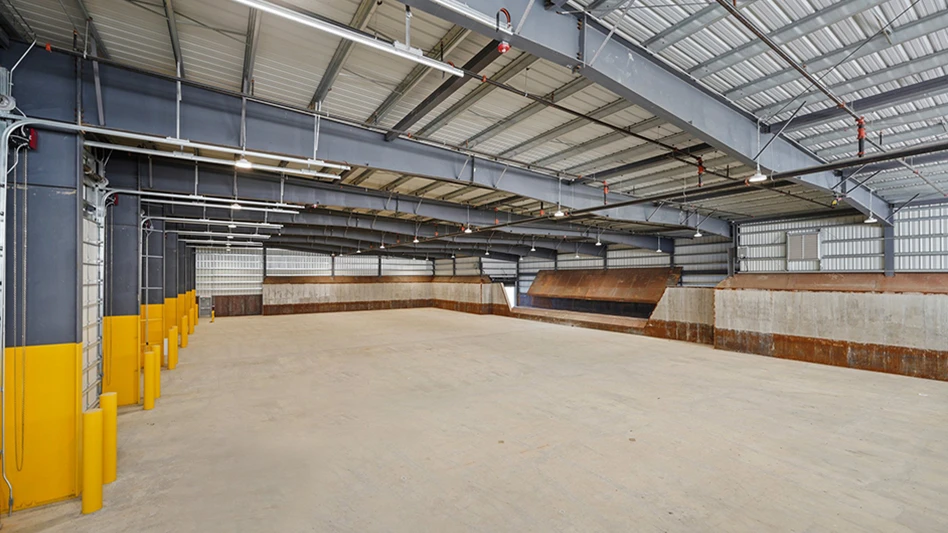Boeing and partners launch aviation biofuel project
Seattle-based Boeing, the University of British Columbia (UBC) and SkyNRG, based in Amsterdam, along with support from Canada’s aviation industry and other stakeholders, are collaborating to turn leftover branches, sawdust and other forest industry waste into sustainable aviation biofuel, the organizations report.
Canada, which has extensive managed forests, has long used mill and forest residues to make wood pellets that are used to generate electricity. A consortium that includes Boeing, Air Canada, WestJet, Bombardier, research institutions and industry partners will assess whether forest waste could also be harnessed to produce sustainable aviation biofuel using thermochemical processing.
“Sustainable aviation biofuel will play a critical role in reducing aviation’s carbon emissions over the long term,” says Julie Felgar, managing director of Environmental Strategy and Integration, Boeing Commercial Airplanes. “Canada is in a terrific position to leverage its sustainable forests to make environmental progress for its aviation industry and other transport sectors.”
A 2015 Boeing-sponsored study by UBC found that aviation biofuel made from forest waste could meet 10 percent—about 46 million gallons, or 175 million liters—of British Columbia’s annual jet fuel demand. These efforts could also supply biofuel to ground and marine vehicles, saving about 1 million tons of CO2 emissions per year on a life cycle basis across the transportation sector, the study found.
“Air Canada believes that developing a reliable supply of sustainable aviation biofuel in Canada will play a role in achieving our emission reduction goals,” says Teresa Ehman, Director, Environmental Affairs, Air Canada. “By utilizing Canada’s strong forestry research expertise and the knowledge of industry collaborators, this project will contribute significantly to understanding the viability of forest residue-sourced biofuel.”
“WestJet has invested billions of dollars in fleet renewal to reduce our fuel consumption and to ensure we are doing our part towards responsible growth and environmental sustainability,” says Geoff Tauvette, director of fuel and environment, WestJet. “WestJet’s social responsibility mandate is to extend our culture of caring beyond our aircraft doors and we are proud to support initiatives such as these that reduce our carbon footprint through the research, development and production of aviation biofuels in Canada.”
The project, announced during the 2015 Canadian Bioeconomy Conference in Vancouver, was recently awarded funding by the Green Aviation Research and Development Network (GARDN) of Canada as part of a portfolio of investments in technologies to reduce aviation’s carbon emissions.

The consortium is led by UBC and NORAM Engineering and Constructors Ltd. of Vancouver. Project partner SkyNRG, based in the Netherlands, says it is the global market leader for sustainable jet fuel, having supplied biofuel to more than 20 carriers worldwide.
Using sustainably produced biofuel reduces life cycle carbon dioxide emissions by 50 to 80 percent compared to conventional petroleum fuel, according to the U.S. Department of Energy.
Boeing has active biofuel projects on six continents, including in the United States, Australia, Brazil, China, Europe, Middle East, South Africa and Southeast Asia.
Get curated news on YOUR industry.
Enter your email to receive our newsletters.Latest from Waste Today
- ReMA board to consider changes to residential dual-, single-stream MRF specifications
- Miller Environmental Group Inc. appoints CEO
- DPI acquires Concept Plastics Co.
- Laurel Mountain Capital announces investment in 5280 Waste Solutions
- Cielo investor requests annual meeting
- WIH Resource Group celebrates 20th anniversary
- NWRA: NIOSH cuts a step in the wrong direction
- Valicor Environmental services acquires Affordable Waste Management






